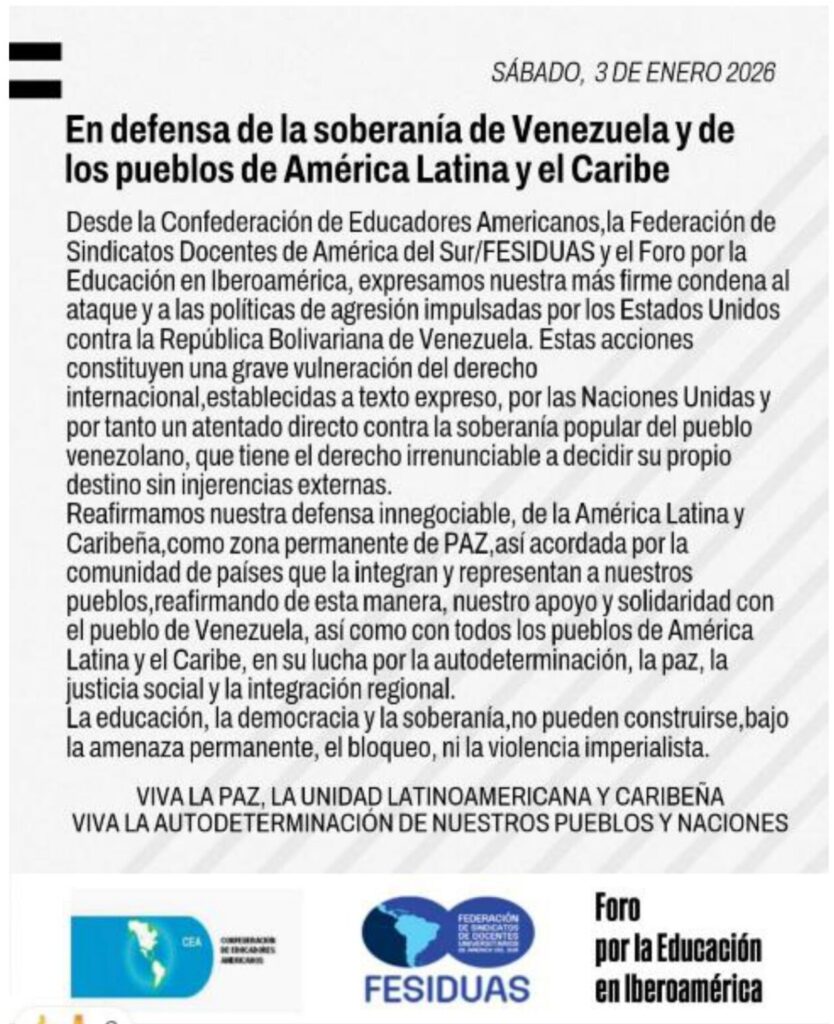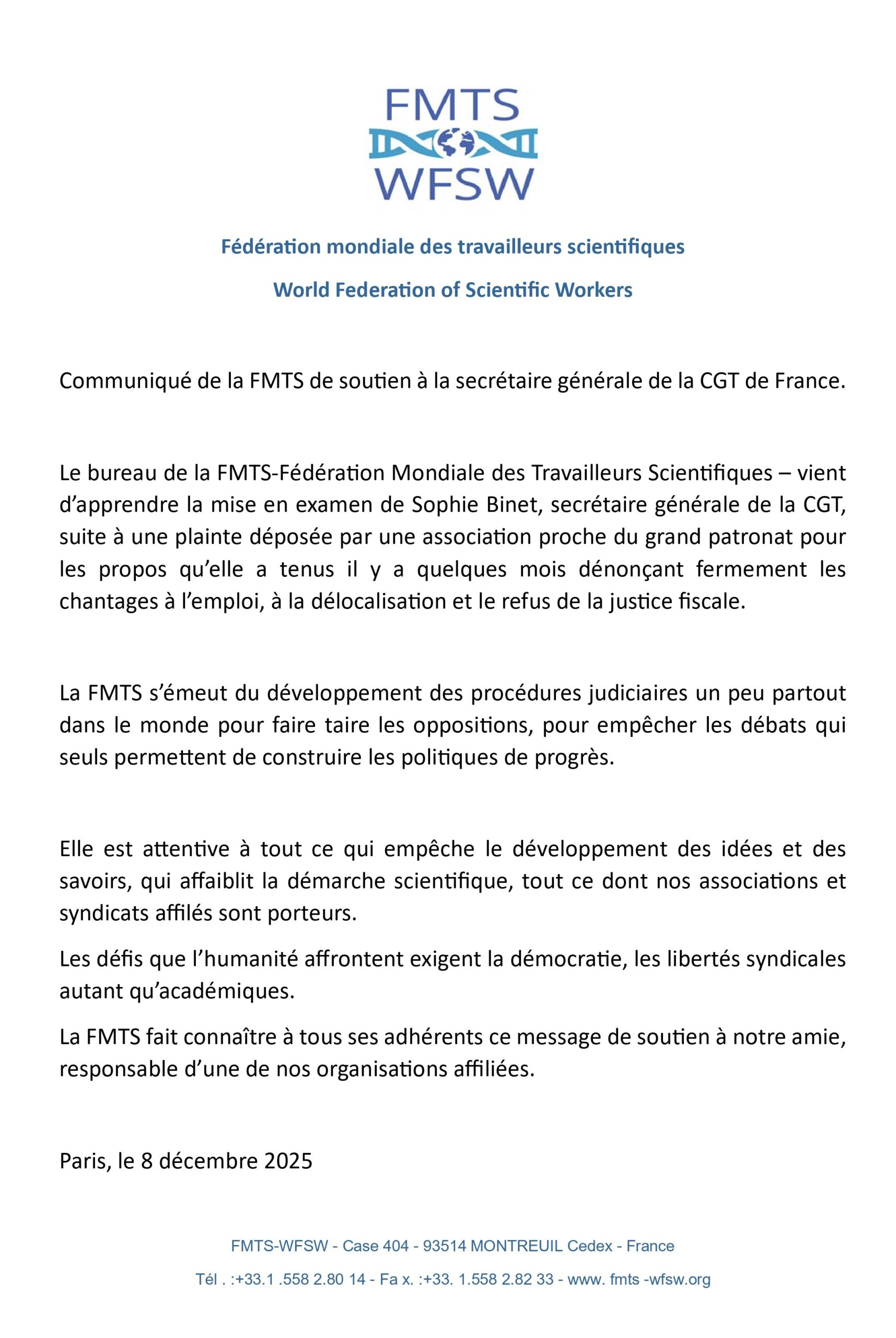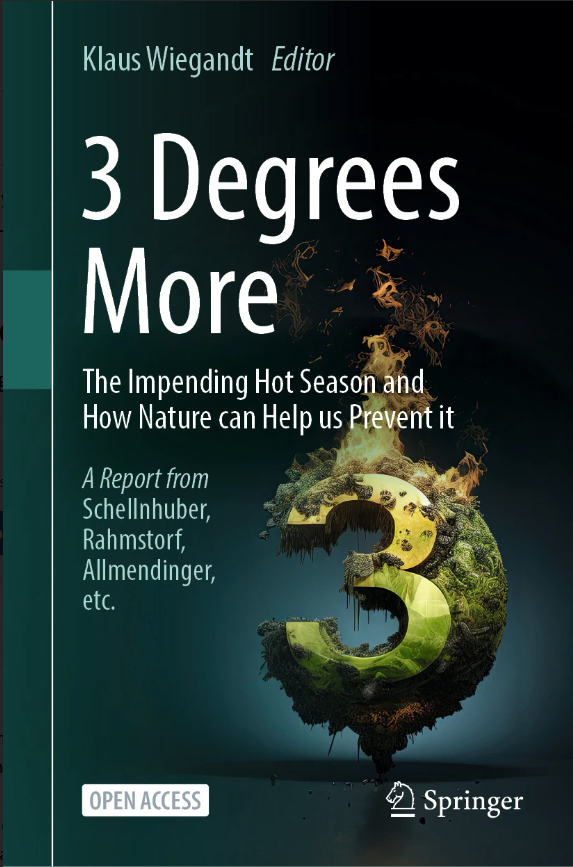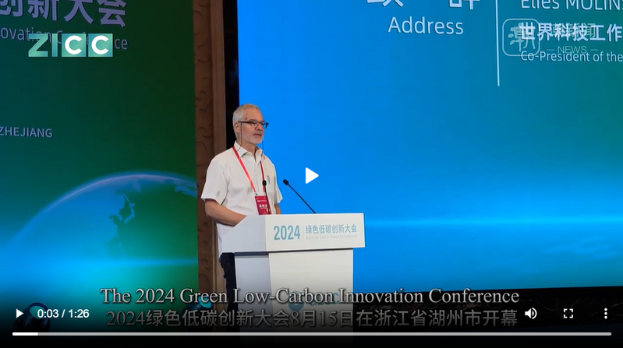For a revision of the 1974 Recommendation of UNESCO supporting the rights of scientific workers
UNESCO has just launched a “call for contributions for a revision” of the Recommendation concerning the condition of scientific workers adopted in 1974.
From now until November 1, 2014 comments may be addressed to UNESCO, which will publish them. Another phase of this Appeal will begin in February 2015.
This Recommendation, to the drafting of which the WFSW contributed, was adopted by the General Assembly of 1974. Its purpose was to lead States to “place scientific and technological knowledge in the service of the improvement of the cultural and material well-being of their citizens”. The many recommendations contained in the Recommendation opened the way to major scientific development based on appropriate financial guarantees, permanent and satisfactory working conditions for researchers as well as rights for researchers to participate in the elaboration of scientific policies.
In the course of the past 40 years, this Recommendation has been recognized and partially applied by many States, which has now resulted in the major role played by sciences in human activities.
But the scientific policies of States are increasingly deviating from this recommendation. By following the principles of the neoliberal economy, of “competitiveness” and competition, many States and regional organizations have carried out a reconfiguration of scientific development, many aspects of which have become widespread:
- Insecurity of the situation of scientists, beginning with young scientists, and weakening of the human potential of public and private research.
- Systematic reduction of research budgets and orientation of funding toward commercial use of the products of research, or even keeping results of research secret.
- Focus of scientific activity on limited and short term objectives so as to optimize return on investment.
- Calling into question academic freedoms and intensifying competition among scientists.
This situation leads a growing number of scientists, organizations and assessment bodies to alert public authorities and citizens on the dangers of these policies which lead to an impoverishment of scientific creativity and research results, which harm the reputation of scientists, and which encourage the rise of obscurantism in a period characterized by a rise in inequalities and armed conflicts.
It is in the interest of society that the production of knowledge remain the primary mission of scientific research. It is also in the interest of society that the choices of scientific policy reflect the needs and aspirations of peoples, that they contribute to social justice, to human development, to sustainable development, and to the restoration of peace. This requires at the same time respect for academic freedoms and access of populations to scientific knowledge through education open to all, throughout life, through democratic and transparent information, through dialogue between citizens and scientific workers, through recognition of and consideration for the professions and rights of scientific workers.
Such are the challenges of the revision of the 1974 Recommendation, to which the WFSW and its affiliated organizations will devote all of their efforts to put science in the service of Mankind. The conditions placed upon scientific workers are inseparable from the ethical demands that society makes of them. We shall pursue our action aimed at preserving the rights of scientific workers at the level at which they should be.
These rights were already broadly stated in the 1974 Recommendation. At the same time we shall strive that the new challenges that have arisen over the 40 years since the Recommendation be taken into account, in particular:
- the necessary involvement of citizens in defining the major directions of scientific policy,
- the challenges of the protection of the environment and the survival of our planet,
- the place of women in the scientific community at all levels of responsibility,
- the place of all the peoples of the world in the great adventure of scientific progress.




